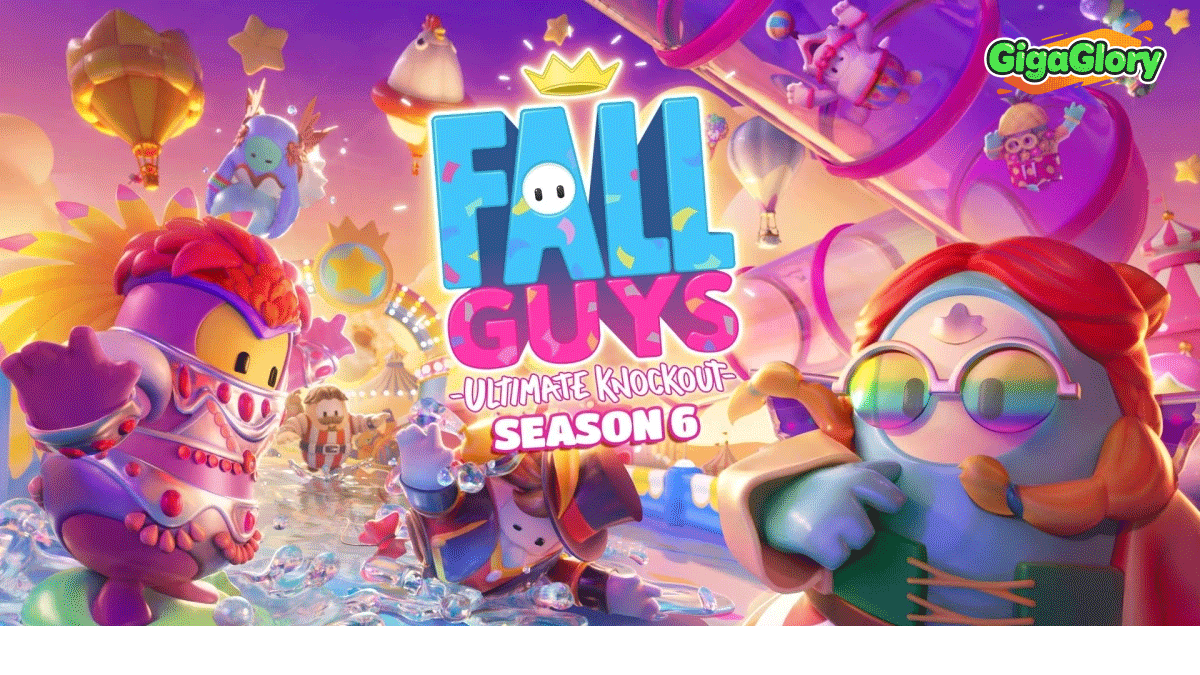Unlocking Learning Potential: How Strategy Games Become Powerful Educational Tools
If you think strategy games are just a fun way to kill time, you're not alone. Many people see them as nothing more than entertainment. But what if I told you that these games could actually be helping us learn in significant ways? Buckle up as we dive into the fascinating world of strategy games and how they’re becoming powerful educational tools.
What Are Strategy Games?
Strategy games are not just random chaos; they involve a profound level of planning and tactics. From building empires to leading armies, these games engage players in making critical decisions. Whether it’s a classic like chess or a modern-day favorite like PUBG, the essence is the same: success relies on critical thinking, resource management, and adaptability.
The Educational Value of Strategy Games
So, why are strategy games considered educational? Here's a quick rundown of the key benefits:
- Critical Thinking: Players must think several steps ahead, making decisions that can have lasting consequences.
- Resource Management: Most strategy games require players to manage resources effectively, teaching financial literacy in an engaging way.
- Collaboration and Communication: Many games involve teamwork, helping players develop social skills.
- Problem-Solving: Players face various challenges that require creative solutions.
Strategy Games in Education
Imagine a classroom where students aren't just sitting and listening but actively engaging in learning through games. This isn’t a far-fetched dream; it’s becoming reality! Teachers have recognized the benefits of incorporating educational games into their curricula. They can use these games to teach everything from history to math. The engagement factor is sky-high, and students are motivated to learn.
Breaking Down Barriers
Traditional classroom settings can sometimes be daunting. Enter strategy games, acting like a bridge to help students who may struggle in conventional learning environments. These games allow students to explore and express their thoughts freely and creatively, promoting a kind of learning that standard tests just can’t measure.
Examples of Educational Strategy Games
Here are a few examples of games that can enhance educational experiences:
| Game Title | Subject Focus | Key Learning Outcomes |
|---|---|---|
| Civilization VI | History | Critical thinking, resource management |
| Kerbal Space Program | Science | Physics principles, problem-solving |
| StarCraft II | Teamwork | Strategy, communication |
How to Effectively Use Strategy Games in Learning
Integrating games into learning doesn’t have to be complex. Here are some straightforward tips:
- Identify the learning objectives you want to achieve.
- Select a game that aligns with those objectives.
- Plan a debriefing session post-game to discuss outcomes and lessons learned.
- Encourage collaboration and discussion among students.
Limitations of Strategy Games
Now, let’s be real; strategy games aren't a panacea for all educational woes. There are limitations. For one, the time investment can be considerable. Also, not all games have educational value; some may just distract students. It's vital for educators to choose wisely.
The Role of Technology in Gaming Education
With technology constantly evolving, educational strategy games are becoming more immersive than ever. Virtual reality (VR) and augmented reality (AR) are bringing simulations to life, making it even easier to engage with complex concepts. Imagine solving a math problem while traversing a 3D landscape!
The Future of Strategy Games in Education
As we move forward, the integration of strategy games into education will likely continue to grow. The rise of online educational platforms is paving the way for more interactive, game-based learning experiences. There's a wide-reaching potential here, one that could reshape how we approach education.
Conclusion
So, there you have it! From enhancing critical thinking skills to improving teamwork, strategy games hold considerable promise as effective educational tools. As they continue to evolve, their applications in learning environments will expand, and students will reap the benefits. Next time you pick up a game, remember: you’re not just having fun; you’re unlocking potential!
Whether you're a teacher looking to inspire your students or a parent trying to encourage learning at home, it's time to embrace the power of strategy games. They aren't just games; they are powerful learning mechanisms waiting to be harnessed!



